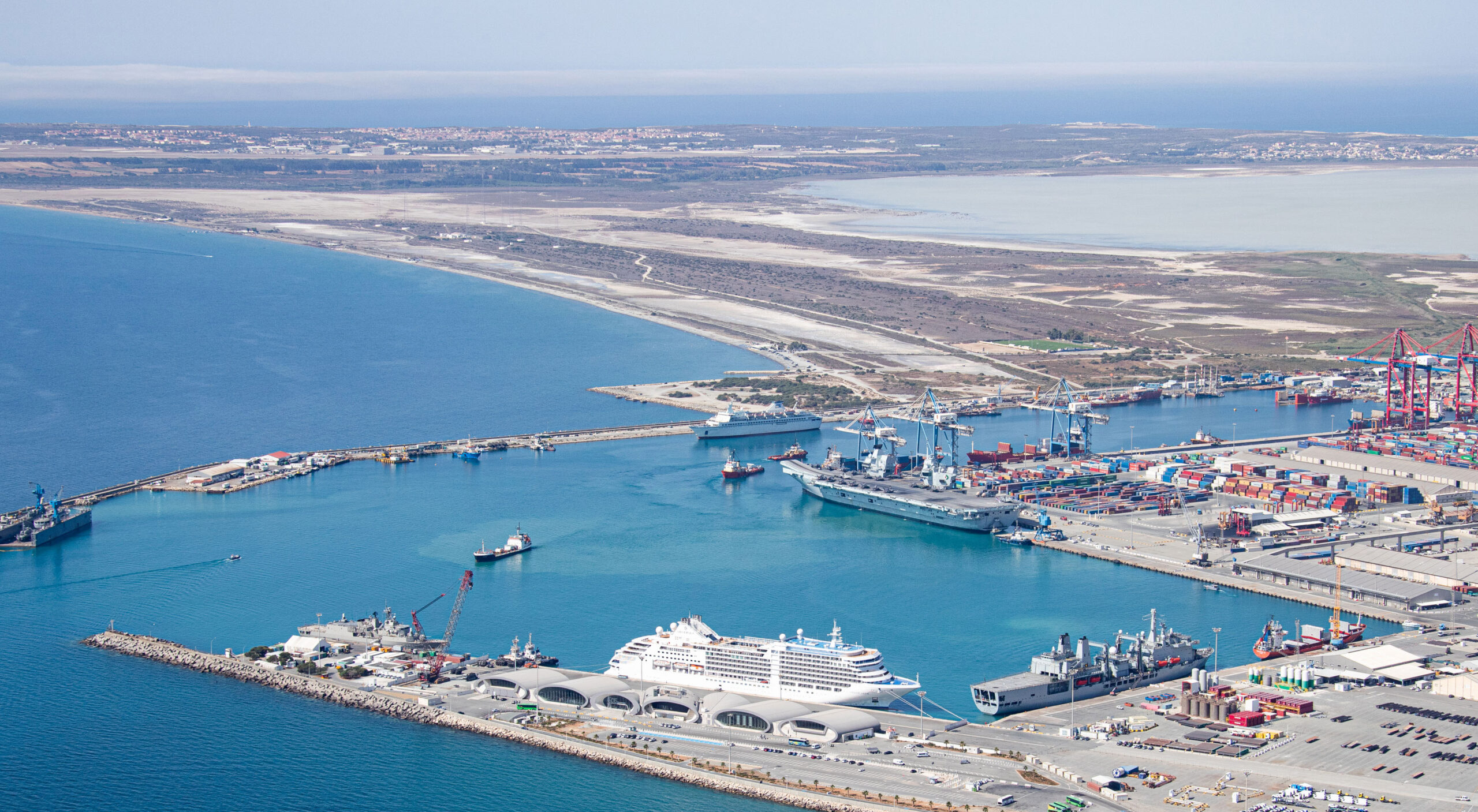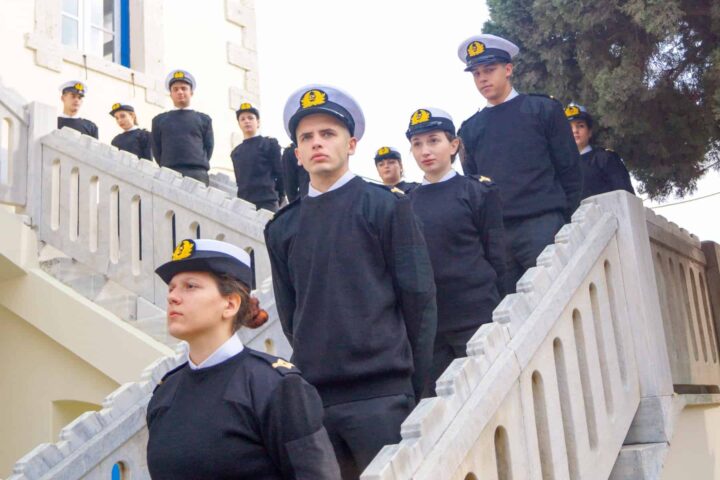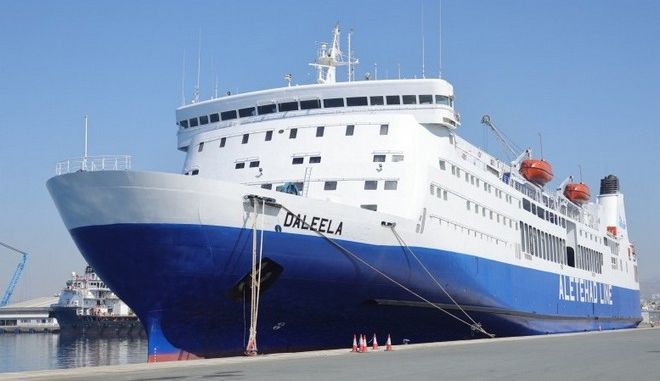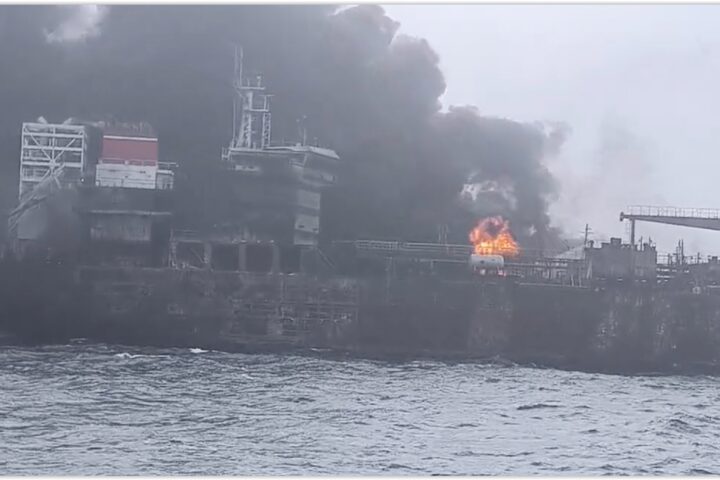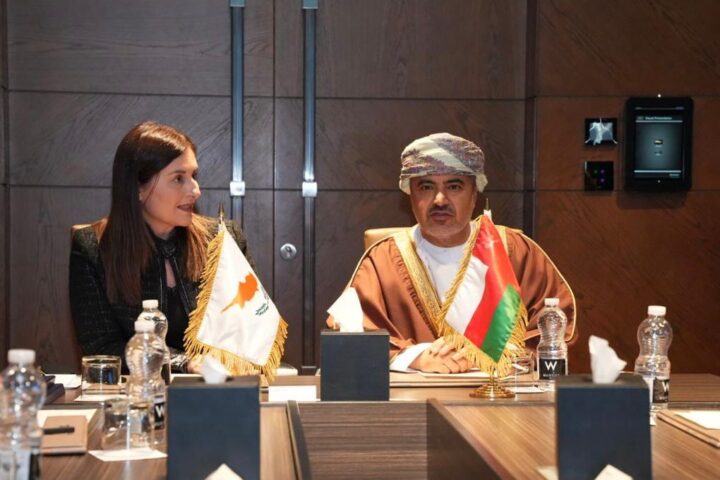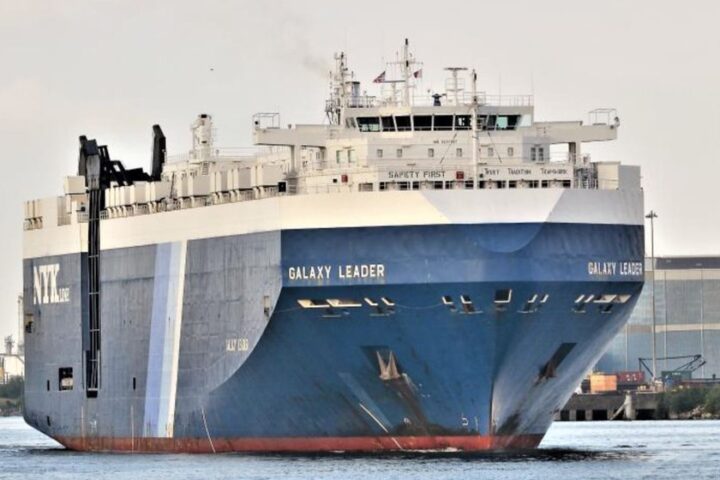The uncertainty over future relations between the European Union and Russia has taken its toll on Cyprus shipping, as sanctions have forced some companies to remove the Cypriot flag from their vessels.
Although a last-minute intervention from Cyprus successfully set aside an EU ban on ships carrying a flag of a member state to set sail from a Russian port carrying coal and other products, the shipping authority has seen its registry reduced.
In comments to the Financial Mirror, Deputy Minister of Shipping Vasilis Demetriades confirmed that some vessels have been scrapped from the Cyprus registry.
Still, the blow was not strong enough to sink the industry.
“A difference in interpreting the latest (seventh) EU sanction package has increased uncertainty over whether Cyprus flagged ships could carry any cargo from Russia to third countries.
“Although we were able to secure confirmation that it does not, the uncertainty over what the future holds has cost us,” said Demetriades.
He said the issue arose when the European Commission’s interpretation of the sanctions prohibited European-flagged ships from transporting coal and other goods from Russia to third countries.
Cyprus has the eleventh largest registry worldwide and the third biggest in the EU, with over 200 companies registered.
Member states affected argued that the European regulation limits the transport of these products from Russia to countries of Europe.
A FAQ document issued by the European Commission had stirred things up as it said that the ban included transporting goods to third countries.
An intervention by Cyprus led Brussels to revise its FAQ document, conceding to Nicosia’s interpretation of the regulation.
“This initial interpretation of the regulation left shipping companies bound by contracts outside Europe exposed; it caused unfair competition and created a competitive advantage for third-party registries”.
Demetriades explained that the initial interpretation meant that EU states could not issue certificates for ships en route to Russian ports, with companies rejected by insurance firms.
“Shipping firms with long-term contracts with Russia would have to look for a third country flag to place on their vessels if they wanted to keep their contracts.”
The government is worried that future moves could introduce such sanctions.
“We need to stop shooting ourselves in the foot”.
Demetriades said the EU needs to take measures against Russia that would not create unfair competition for the bloc.
“We are not against measures on Russia for its invasion of Ukraine, but Nicosia insists that all sanctions packages must target Russian interests and not affect EU member states”.
He said if the EU insist on introducing a complete ban on EU ships carrying cargo out of Russia to third countries, the bloc must find ways to expand such a ban to cover all flags, ensuring fair competition.
The issue was discussed at the Cyprus Shipowners’ Association General Electoral Assembly in Athens earlier this month.
The Cyprus Shipowners’ Union president, Andreas Hadjiyiannis, warned against untargeted decisions that amount to ‘hostile actions’.
He referred to the danger of European shipping being battered by foreign and adversarial forces that oppose the EU vision.
Sanctions are not the only challenge facing the shipping industry, as the authority has to address the Green Transformation, Digital Transformation, Safety & Security, Coastal Navigation and Seafarers Issues.
Efficiency
The ministry has launched a strategic plan, “SEAchange2030”, laying out markers for the decade.
“We are implementing many of these actions to become more efficient and take advantage of digital technology to best serve the shipping community.
“We are also doing our best to stand by the industry in the difficult path of decarbonisation of the sector,” said Demetriades
Cyprus has given tax incentives approved by the EU.
Ships that reduce carbon dioxide emissions beyond the prescribed limit set by the IMO will receive a 30% tax rebate on tonnage tax.
The same applies to ships using desulphurised fuel.
Demetriades also referred to a contract recently signed for digitising the ministry’s services, heralded as “an important step” to further strengthen the key sector’s efficiency.
The contract was signed with the CSC Consortium (Cellock, SignalGenerix and Computer Resources International (Luxemburg)) following a tender process.
It covers the digitisation of the Deputy Ministry’s services, costing €1.68 mln.
The project, financed by the EU through the Recovery and Resilience Facility, is expected to be completed within 21 months.
Demetriades said it was an important step to reduce bureaucracy and improve results by creating a more direct and quality service framework.
“Cyprus aims to build on its reputation as an excellent service provider.
“To do so, we need to work together with EU authorities, making sure that we will be competing on a level playing field.”

